Cameroon’s first Diaspora Forum (FODIAS 2017) The Minister of External Relations deserves congratulations on his initiative to organize the first ever Cameroon Forum of the Diaspora (FODIAS 2017), 28-30 June 2017, on the theme: “Cameroon and its Diaspora: Working together for National Development”, a significant event placed under the distinguished patronage of the President of the Republic. The special website created for this event (www. fodiascameroun.cm) provides valuable information on the Forum’s objectives, priority sectors identified for Diaspora interventions, list of Diaspora project proposals, and expectations from the Forum’s outcomes, among others. As an indication of the government’s intent to harness the varied potential of the Cameroonian Diaspora, and thus transform national brain drain into national economic gain, the Forum includes no less than 14 major objectives covering practically all the vital social and economic sectors. In the Information and Communication Technologies (ICTs) and green economy sectors, for example, the Forum’s agenda states that the fields concerned are the matrix of any modern economy. The development of electronic commerce and telecommunications are considered to be major vectors of ICTs and of the green economy. The example is cited of the last World Housing Fair in Germany where discussions focused on the concept of smart homes. With its embryonic industrial base, Cameroon still struggles to tap the economic windfalls offered by this new economy. As such, the Cameroonian Diaspora is expected to facilitate the development of endogenous know-how through a mastery of modern techniques they have acquired in their socio-professional environments abroad. Such Diaspora initiatives could, it is hoped, add significant premium to Cameroon’s development, including business incubation centres, software development; water supply and rural electrification schemes; education on sustainable management of household refuse, plastic and hospital wastes; management of wetlands and streams; development of eco-tourism and setting up of eco-responsible villages; water sanitation plants; etc. As may be inferred from this long list, FODIAS 2017 has the principal goal of recognizing, perhaps for the first time and in explicit and formal terms, the economic linkages that tie or should tie the Cameroonian Diaspora to their motherland, and of motivating the Diaspora to become, more than ever before, active agents of our nation-building process. But is this a realistic expectation across the board? We first need to know who constitute the Diaspora. Who are Cameroon’s Diaspora ? FODIAS 2017 does not address this question, at least in its present documentation posted on its above-mentioned website. Originally applicable to Jews living outside their Biblical homeland of Israel, Diaspora now conventionally refers to distinct population groups living outside of their traditional homeland. While FODIAS 2017 has not defined Cameroon’s “Diaspora”, the African Union offers the following definition: “People of African origin living outside of the continent irrespective of their citizenship and nationality and who are willing to contribute to the development of the continent and the building of the African Union”. This is a fair and all-inclusive definition which could reasonably be applied also to Cameroon’s Diaspora. Accordingly, Cameroon’s Diaspora should, in the first instance, be subdivided into two major groups, namely Cameroonians with valid Cameroonian nationality and passports living and/or working abroad (excluding students and short-term visitors), on the one hand, and persons of Cameroonian origin having adopted the nationality and passports of their host countries, on the other. This distinction would seem fundamental to proper articulation and effective management of the government’s emerging policy of engagement with the Diaspora. For example, an entire Division in the Ministry of External Relations is devoted and rightly so to the first category of Cameroonians living and working abroad, whereas government policy would seem to remain vague until now regarding the Diaspora talent pool of Cameroonian origin but citizens of their host countries. FODIAS 2017 is thus an opportunity to build bridges with this group. For Cameroonians (with Cameroonian nationality and passports) living and working abroad, the first line of engagement with their motherland is their interaction with Cameroonian diplomatic and consular missions abroad as well as with visiting government officials. As a member of the Cameroonian Diaspora in Europe, the author of this article can assert that, with few exceptions, the quality of such interactions leaves much to be desired compared to some good practices observed in the diplomatic representations of other countries, which organize periodic meetings between diplomats, visiting government officials and even heads of state with the Diaspora of countries concerned - just to cite one policy area crying for remedy. For foreign nationals of Cameroonian origin, the main issues are dual nationality and taxation policies. The FODIAS programme is silent on the first but hopeful on the second. Yet another distinction needs to be made between the Diaspora resulting from South-South migration flows, namely Cameroonians or foreign citizens of Cameroonian origin living and/ or working in other developing countries, particularly in Cameroon’s neighbouring CEMAC member states; and the Diaspora living and/or working in the developed countries of Europe and North America, and increasingly in China. Although Cameroonians living in other African and other developing regions would seem to vastly outnumber the Diaspora in the developed countries, the latter segment is generally the one most often identified as Cameroonian Diaspora. This may be partly due to the fact that this group accounts for most of the remittance flows to Cameroon, which exceeded US$ I billion (or upwards of 600 billion FCFA) in 2016. Furthermore, Cameroon’s Diaspora may be subdivided into other categories, such as the highly-skilled talent cream of University professors, engineering and medical professions, business executives and industry captains, etc, on the one hand, and the blue-collar workforce of nurses and other healthcare services, hospitality industry, construction and farm labour, etc, on the other. A Diaspora policy of engagement should be targeting the Diaspora talent pool as a major priority with clear linkages not so much to the type of stand-alone project proposals listed in the FODIAS 2017 documentation as to cutting-edge national public and private institutions and companies. China and India, for example, have demonstrated the startling effectiveness of such a policy of twinning Diaspora talent with strategic institutions and development breakthroughs. The Diaspora blue-collar workforce and undocumented immigrants, asylum seekers, refugees, etc happen to be the most subject to various forms of harassment, including discriminatory practices and outright racist attacks in their host countries. For this category, there is precious little Cameroon can do for non-Cameroonian citizens of Cameroonian origin. For Cameroonian citizens living and working abroad, FODIAS promises relief by stating as...
1 minute is enough to subscribe to Cameroon Business Today Digital!
-
Your special Cameroon Business Today issue in digital version
-
Inserts
-
Exclusive calls for tenders
-
Preview (access 24 hours before publication)
-
Editions available on all media (smartphone, tablets, PC)





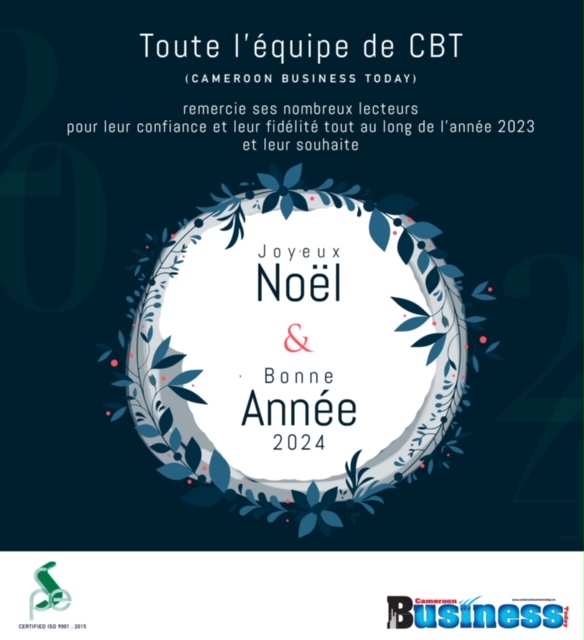
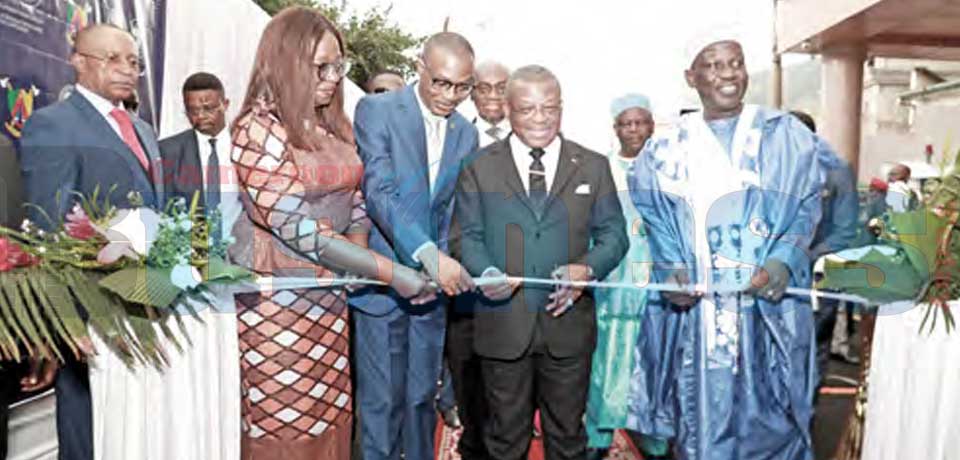
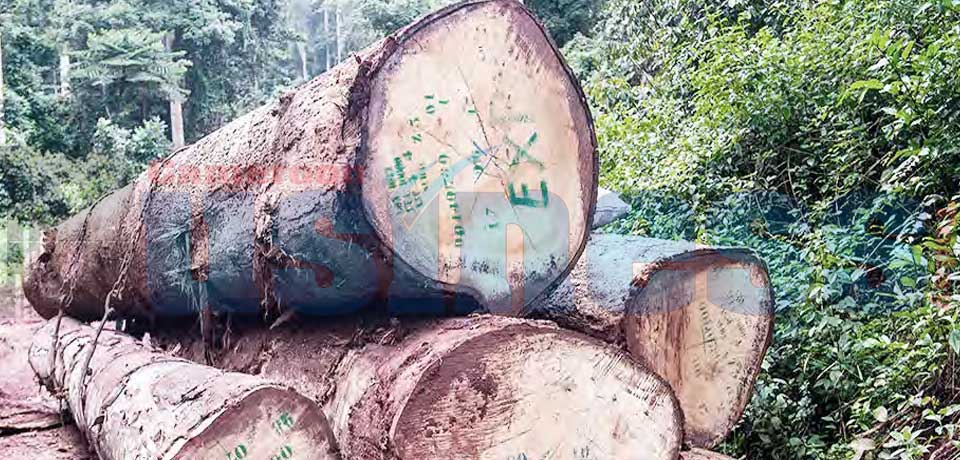
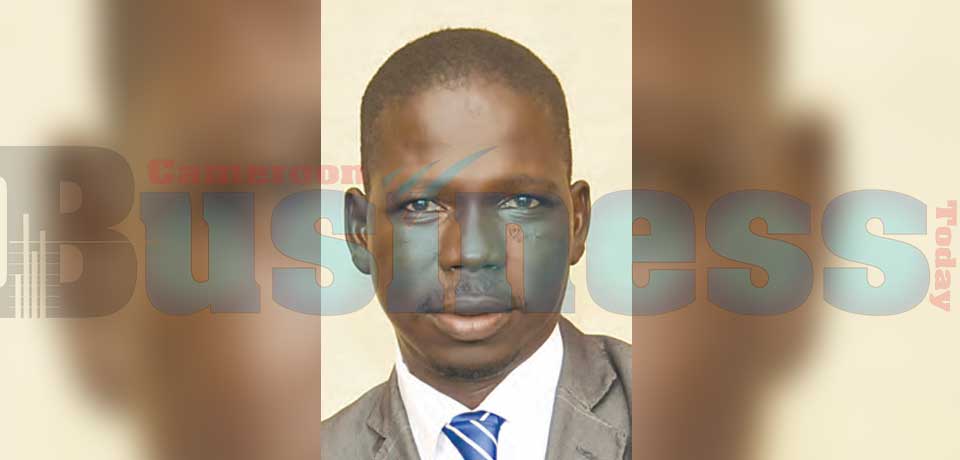
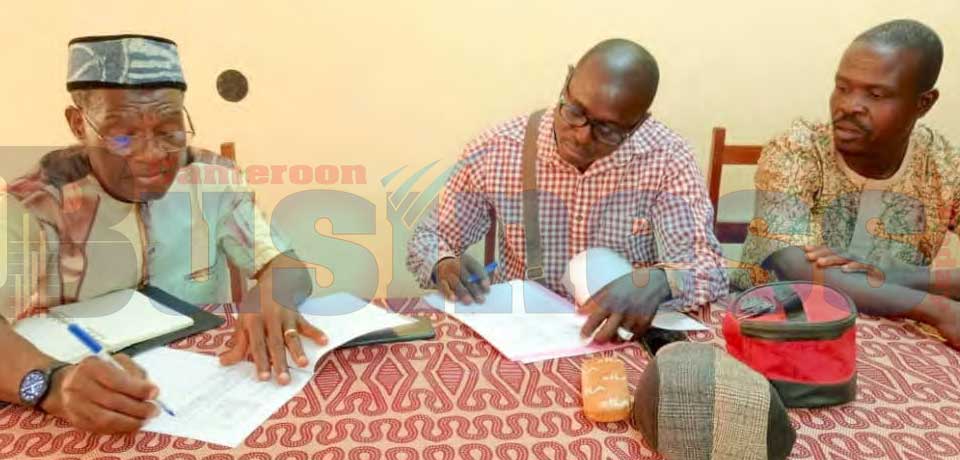
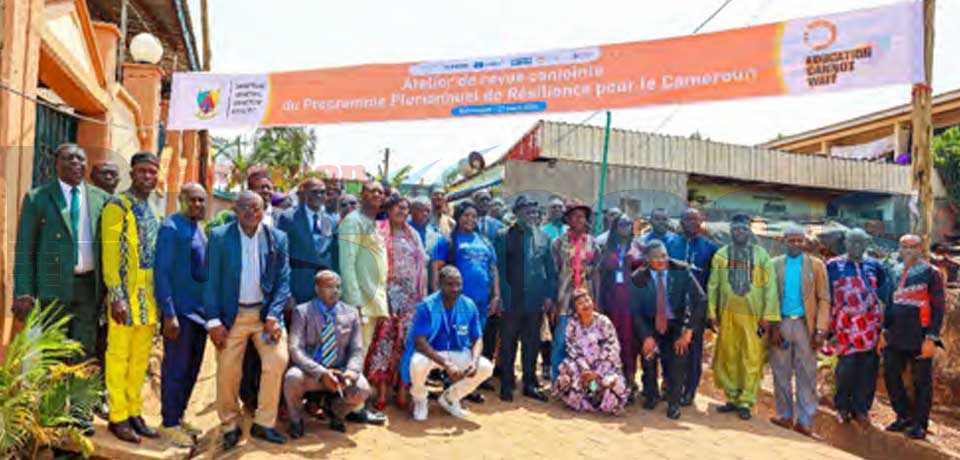
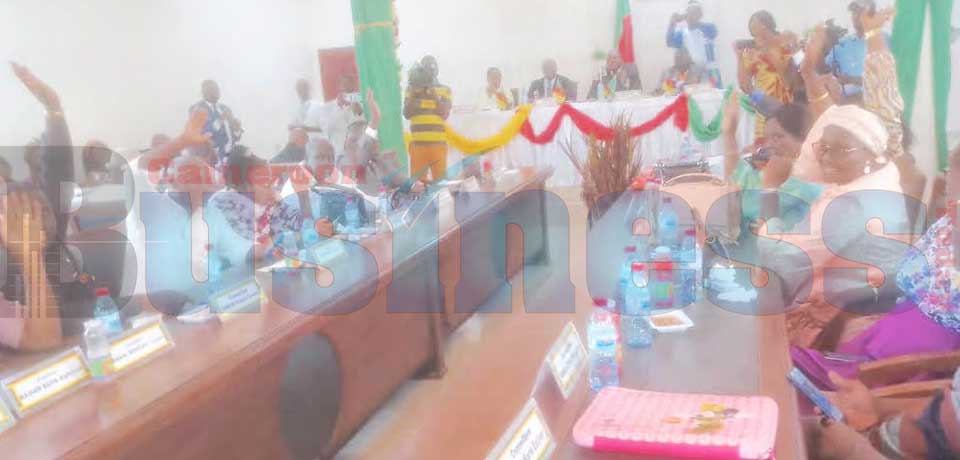

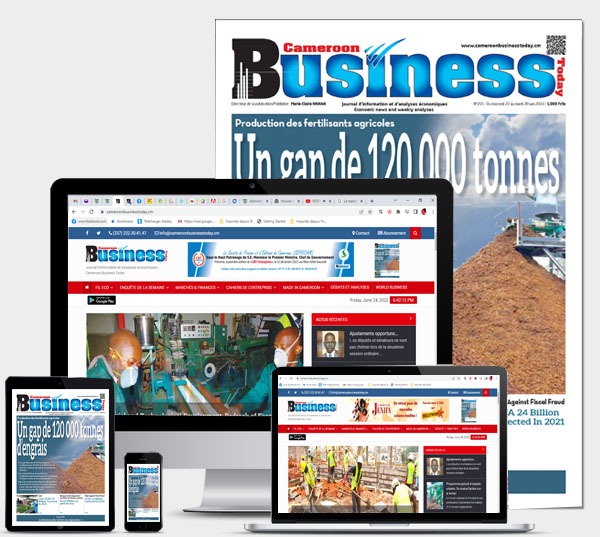


Commentaires